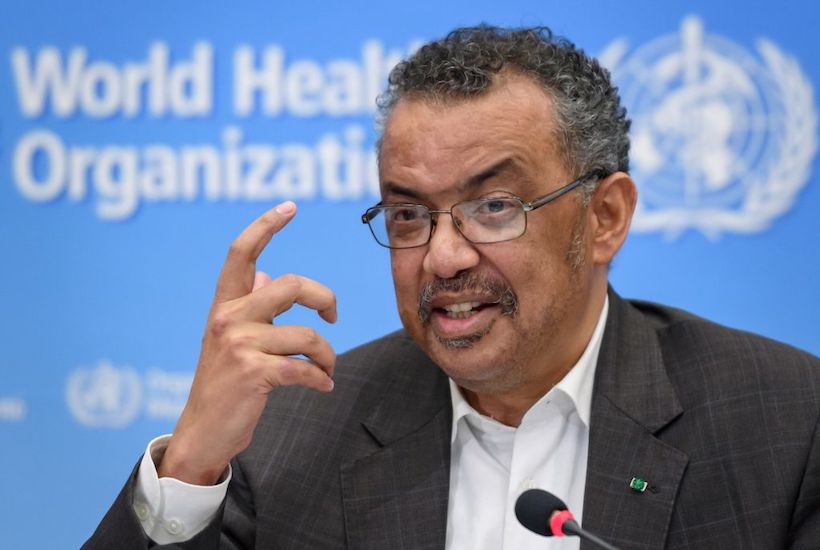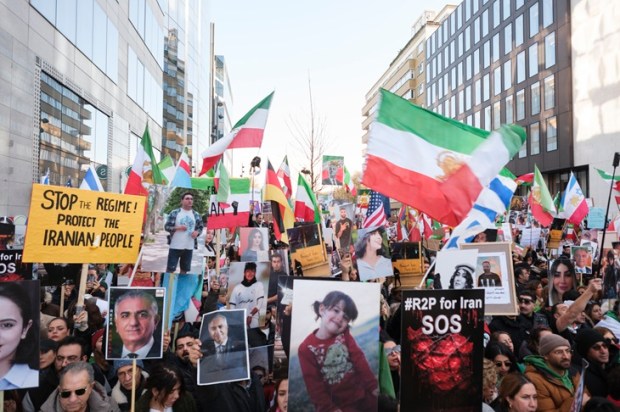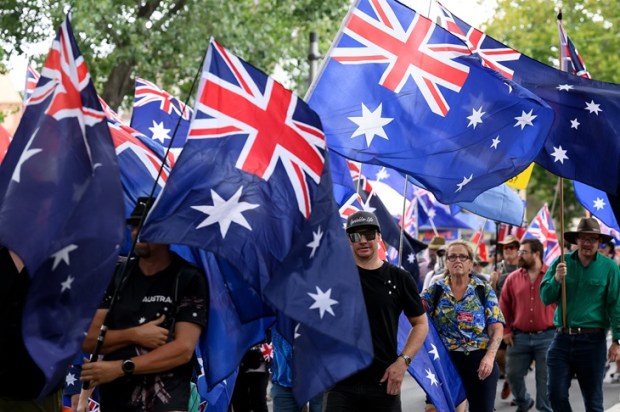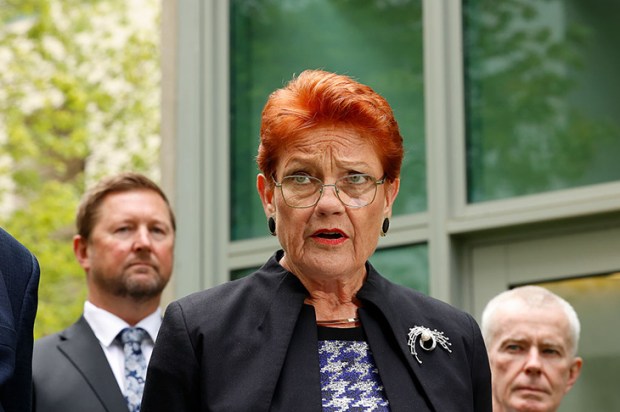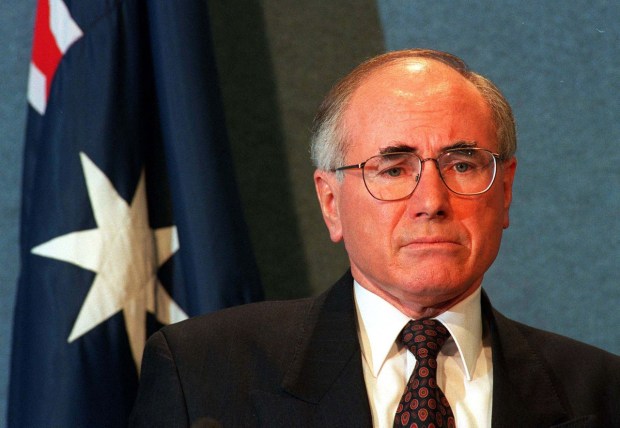As Covid-19 continues to wreak havoc in the world, killing hundreds of thousands in India while triggering fears about another lockdown in Perth, it’s becoming evident that a coordinated global response to future health crises will be paramount. And we should expect that the global bodies that take up the task are capable of handling the challenge. The South-East Asia Director of the World Health Organization recently wrote about the need to build a healthier world as the global economy recovers from Covid-19. She rightly pointed out that socioeconomic, political and geographic factors have contributed to the pandemic’s impact and spread, and that the poor in the Asia-Pacific have borne a disproportionate share of its brunt. However, in calling for national governments to reorient their fiscal strategies to uphold important public health priorities, the WHO needs to take its own advice.
Much like Covid-19 and its lockdowns have damaged the revenue takings of national governments, the WHO faces its own funding woes. Barely half of its 2020-21 budget was funded despite the ongoing stress of its global pandemic response. To its credit, it spent $804.5 million on tackling communicable diseases and health emergencies that demand international coordination, such as Ebola, in 2018-19. However, it spent nearly the same amount tackling non-communicable illnesses that are typically already the purview of domestic governments. Some of these, like reducing infant mortality in developing countries with poor healthcare, are crucial. However, others include lobbying and education campaigns on deterring and taxing adults for their decisions to drink, smoke, eat fast food, or engage in other societal vices.
These practices do raise public health concerns, especially when they impact our public healthcare systems. However, the WHO still spends the dwindling funds that it receives from the world’s taxpayers on lobbying for counterproductive public policies that seem more focused on punishing adults for their decisions than on stemming public health issues.
For instance, the WHO lobbies governments to implement higher taxes on sugar and tobacco. These ‘sin taxes’ may have a deterrence effect. But they’re also regressive and take a disproportionate slice out of the family budgets of low-income earners. Poorer smokers are more likely to struggle with quitting, or to smoke as relief from stress, depression or other mental health problems. The WHO’s stance on taxing them more hence stands to exacerbate the degree to which economic inequities are correlated with inequitable health outcomes.
Consider Australia– home to some of the world’s most highly-taxed and expensive cigarettes. These have delivered a windfall for the federal government. But recent tax hikes have also coincided with a stagnation in smoking reduction- meaning that Australians addicted to nicotine are simply losing more money to the state without overcoming their habits. The tax hikes have also driven a burgeoning tobacco black market, which police blame for funding human trafficking and terrorist syndicates in the Asia-Pacific.
Perversely, the WHO maintains an unscientific opposition to tobacco harm reduction by advocating against giving smokers access to e-cigarettes, which international health authorities like the United Kingdom’s Royal College of Physicians recommend as an effective quit smoking tool and a 95% less harmful way to satiate nicotine cravings. Millions of Europeans have quit smoking with the aid of e-cigarettes, and countries where they’re widely available have seen steep declines in smoking prevalence in recent years. Australia levies higher tobacco taxes than Britain or the United States, but prohibits smokers from purchasing e-cigarettes that contain nicotine, thereby limiting the options that smokers struggling with nicotine addiction have.
And when the WHO makes recommendations about where domestic governments should spend their own money, such as on increasing urban planning and healthcare investment, it should note that other agencies like the International Monetary Fund already make fiscal recommendations. It should also note the multitude of ways that governments can raise money for these purposes and their trade-offs.
For instance, raising taxes for public spending programs during an economic recovery can chill economic productivity and growth while increasing burdens on hardworking taxpayers. And resorting to debt finance will only burden our children and grandchildren who’ll be forced to pay it off. Conversely, reducing irresponsible spending and waste means more funds for priority areas like healthcare improvement- advice that the WHO could heed by reducing its own expenditure on counterproductive policy campaigns and those that domestic governments are best placed to tackle, such as healthy lifestyle education.
And while deterring people from unhealthy vices may improve their health, it may not save our governments money. Analysis reveals that smokers and the obese actually incur lower healthcare costs for the morbid reason that they don’t live as long and hence rely on these services for fewer years than the rest of us.
The WHO rightly believes that “all people having the right to achieve the highest attainable standard of physical and mental health” and that “a fairer and healthier region and world is possible.” But its mismanagement of Covid-19, counterproductive policy recommendations, and continued spending on lower priority areas, only undermine our ability to achieve these goals.
Satya Marar is a Sydney-based policy professional, writer and fellow at the Australian Taxpayers’ Alliance. He is the author of Tobacco Harm Reduction: A formula to save 500,000 Australian lives.

